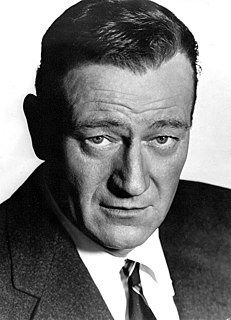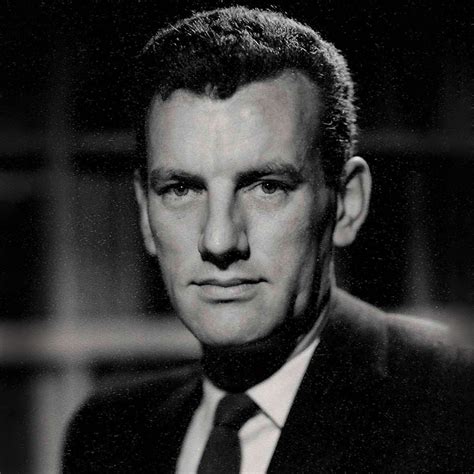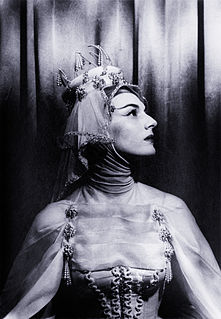A Quote by Richard Rohr
Religious belief has made me comfortable with ambiguity.
Quote Topics
Related Quotes
Until the content of a belief is made clear, the appeal to accept the belief on faith is beside the point, for one would not know what one has accepted. The request for the meaning of a religious belief is logically prior to the question of accepting that belief on faith or to the question of whether that belief constitutes knowledge.
A religious belief is not a statement about Reality, but a hint, a clue about something that is a mystery, beyond the grasp of human thought. In short, a religious belief is only a finger pointing to the moon. Some religious people never get beyond the study of the finger. Others are engaged in sucking it. Others yet use the finger to gouge their eyes out. These are the bigots whom religion has made blind. Rare indeed is the religionist who is sufficiently detached from the finger to see what it is indicating - these are those who, having gone beyond belief, are taken for blasphemers.
It goes with the passionate intensity and deep conviction of the truth of a religious belief, and of course of the importance of the superstitious observances that go with it, that we should want others to share it - and the only certain way to cause a religious belief to be held by everyone is to liquidate nonbelievers. The price in blood and tears that mankind generally has had to pay for the comfort and spiritual refreshment that religion has brought to a few has been too great to justify our entrusting moral accountancy to religious belief.
My belief is that the various religious traditions have great potential to increase compassion, the sense of caring for one another, and the spirit of reconciliation. However, I believe that a human being, without religious faith, can be a very good person - sincere, a good heart, having a sense of concern for others - without belief in a particular religious faith.
There are two forms of disappointment that interest me: religious and political disappointment. Religious disappointment flows from the realization that religious belief is not an option for us. Political disappointment flows from the fact that there is injustice - that we live in a world that is radically unjust and violent, where might seems to equal right, where the poor are exploited by the rich, etc.
I have a friend — or had a friend, now dead — Abdus Salam, a very devout Muslim, who was trying to bring science into the universities in the Gulf states and he told me that he had a terrible time because, although they were very receptive to technology, they felt that science would be a corrosive to religious belief, and they were worried about it… and damn it, I think they were right. It is corrosive of religious belief, and it’s a good thing too.





































